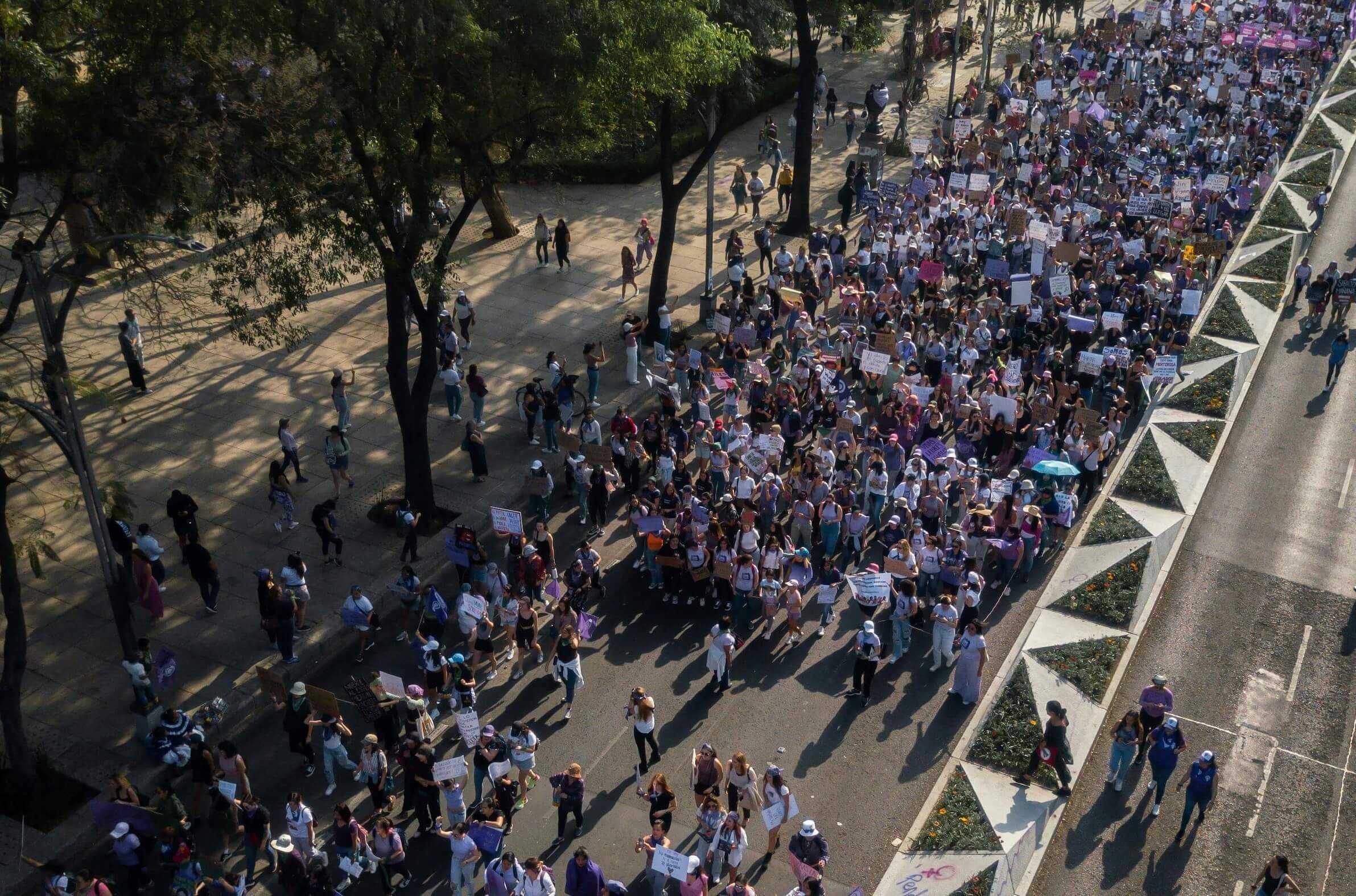You belong here: the politics of belonging and the lie of impostor syndrome
There’s a moment many of us carry (often quietly, often in isolation) when we walk into a room, sit at a table, or open our mouths to speak and feel - somewhere deep in our gut - the unsettling sense that we shouldn’t be there.
It might feel like anxiety. Self-doubt. The fear of being exposed. But for many women - and especially for those whose identities or experiences fall outside the dominant norms - that feeling is not personal insecurity. It is the result of structural exclusion.
We’ve come to know it by its name: impostor syndrome.
But the more I work with women on the edge of change, with women pushing for something better in their communities, organisations, industries, the more I’ve come to understand that impostor syndrome is not simply a mindset issue.
It is a symptom of living under systems that were never built with us in mind.
The lie of the ‘flawed individual’
The narrative around impostor syndrome tends to frame it as a personal failing. If you feel like a fraud, the logic goes, it’s because you lack confidence, or haven’t worked hard enough to “overcome your inner critic”.
But this ignores the context in which that self-doubt arises.
Many of the women I’ve supported are not short on talent, experience, or insight. They’ve raised families, built careers, challenged injustice, held communities together. And still, when they enter a boardroom or speak on a stage or even post on social media, they carry a flicker of fear: What if I’m not qualified? What if someone finds out I don’t belong?
But what if that voice of doubt isn’t a flaw in us, but a consequence of being consistently excluded, undermined, or overlooked by the systems we’re trying to move through?
The truth is, systems of oppression — whether that’s racism, classism, sexism, ableism, transphobia etc — thrive when we doubt ourselves. These shitty systems are maintained not just by legislation or policy, but by an emotional architecture that teaches us we are only legitimate if we play by rules that were never ours to begin with.
Dunno about you but I call BULLSHIT.
Belonging as power, not privilege
Belonging is often spoken about in soft terms: acceptance, comfort, inclusion. But real belonging goes deeper. It’s about power. It’s about knowing that you are not merely permitted to exist in a space, but that your presence matters there. That your experience, voice, and perspective have weight.
Too often, marginalised people are told to earn belonging by contorting themselves by toning down their anger, tidying up their story, or learning to speak in the “right” way. But when we frame belonging as something we must work for or prove ourselves worthy of, we reinforce the very dynamics that keep us silent.
True belonging cannot be conditional.
It is rooted in the recognition of our shared humanity, yep true, but also in justice. In dignity. In the right to speak without asking permission.
What impostor syndrome conceals
At its core, impostor syndrome conceals the violence of exclusion by internalising it. Instead of questioning the legitimacy of the spaces we’re in, or asking why certain voices are always centred while others are sidelined, we question ourselves.
This is especially true in movements and industries that prize expertise over lived experience, or that value objectivity over feeling. Many women, particularly those from working-class or global majority backgrounds, are made to feel that unless they can cite the right research or carry the right qualifications, they have nothing meaningful to contribute.
But that’s absolute crap! Movements need truth-tellers. They need people who’ve lived through the things others only theorise about. They need stories rooted in the body, in the land, in history.
When we reclaim our stories—and our right to tell them—we begin to disrupt the idea that only certain people get to decide what counts as knowledge. We rock the fucking boat!!!
We find our voices in community
Healing from impostor syndrome is not a solo project. It’s not solved by journaling harder or adding another podcast to the queue. Healing happens in community, when we sit with others who have felt the same fear, held the same silence, and decided to speak anyway.
This is why I created This Sister Speaks back in 2021. It’s a space for women who are ready to raise their voices, not because they’ve become “confident enough”, but because they’re tired of waiting for permission.
Because we were never alone.
The feeling of not belonging? That didn’t come from nowhere. It came from centuries of erasure, minimisation, and control. And we’re allowed to be angry about that. We’re allowed to grieve it. But we are also allowed to choose something else.
To take up space. To tell the truth. To write ourselves back into the story.
If any part of this resonates, if you’ve ever hesitated to speak, not because you had nothing to say, but because you’d learned to doubt yourself…I’d love to welcome you into This Sister Speaks. You belong. We all do. It’s time we started acting like it.
👉 Join the waitlist for the next round of This Sister Speaks to be the first to know when doors open.

